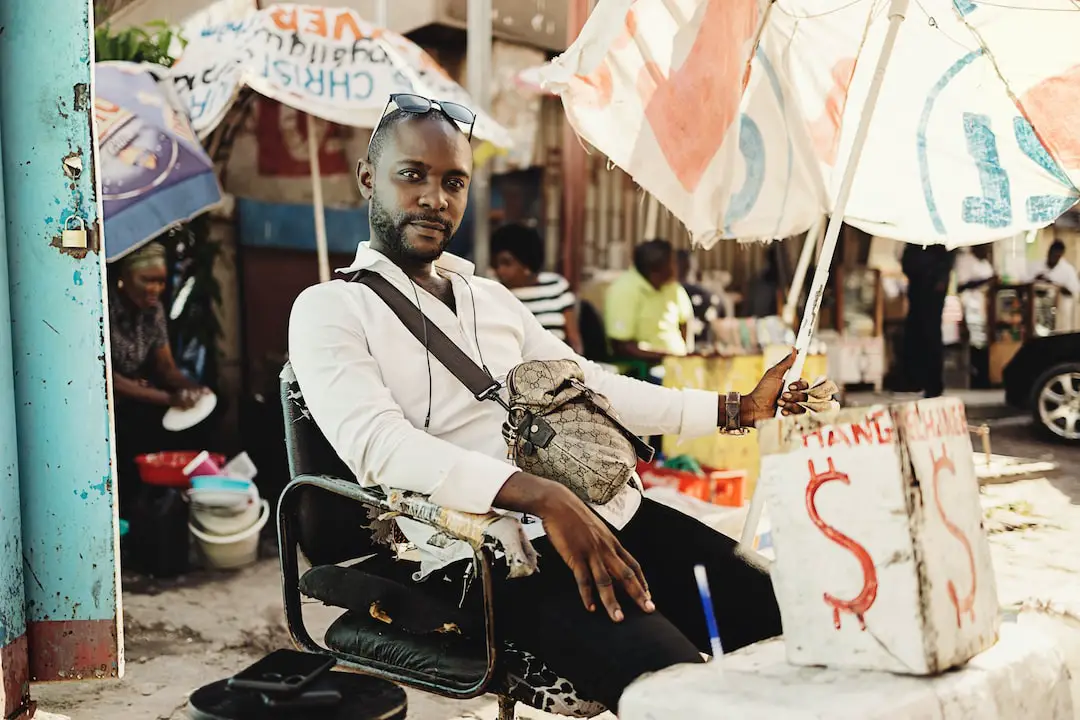
Imagine strolling through the bustling streets of Kinshasa, where the hum of commerce and the vibrant tapestry of urban life paint a picture of a city in transformation. Over the last decade, Kinshasa, the capital of the Democratic Republic of Congo, has been riding a wave of change, particularly in its real estate market. It’s a tale of growth, challenges, and opportunities that mirrors the dynamic spirit of this megacity.
The Dawn of Change
Let’s rewind to ten years ago. Kinshasa’s skyline was markedly different. Fewer high-rises dotted the horizon, and the city had a more modest urban footprint. But as the years rolled on, something exciting happened. Investors started eyeing this sprawling metropolis, sensing potential in its untapped markets. The city began to evolve, and with it, so did its real estate landscape.
A Market on the Move
Fast forward to today, and you’ll see a real estate market that’s buzzing with activity. New developments are springing up like mushrooms after the rain. From luxury apartments to commercial hubs, Kinshasa is reinventing itself. It’s not just about providing shelter; it’s about creating lifestyles, opportunities, and economic growth.
Residential Real Estate: A Mixed Bag
In the residential sector, there’s been a surge in demand for housing. This demand has sparked a construction boom, particularly in the middle and Upper-class segments. Gated communities and high-end condos are becoming the norm for the city’s growing elite. But let’s not sugarcoat it; affordability remains a thorny issue. The average Kinois still struggles to find quality housing within their budget.
Commercial Development: The New Frontier
On the commercial front, Kinshasa is becoming a magnet for businesses. Modern office spaces and retail centers are emerging, catering to both local and international companies. This uptick in commercial development is a clear sign of economic confidence. It’s a city that’s open for business, and the world is taking notice.
Infrastructure: The Backbone of Growth
None of this would be possible without improvements in infrastructure. Roads, bridges, and utilities have received much-needed attention, albeit with room for improvement. These enhancements have made real estate developments more feasible and accessible, laying the groundwork for further growth.
Challenges Along the Way
It hasn’t all been smooth sailing, though. Kinshasa’s real estate market has faced its fair share of hurdles. Land disputes, bureaucratic red tape, and financing issues have tested the resolve of developers and investors. But, as they say, what doesn’t kill you makes you stronger. The market is learning and adapting, finding ways to overcome these obstacles.
Investment: The Lifeblood of the Market
Investment has been key to the market’s evolution. Both domestic and foreign investors have played pivotal roles. They’ve brought in capital, expertise, and a vision for what Kinshasa could become. It’s a partnership that’s bearing fruit, transforming the cityscape one building at a time.
Looking to the Future
So, what does the future hold for Kinshasa’s real estate market? If the current trajectory is anything to go by, the sky’s the limit. There’s a sense of optimism that permeates the market. With continued investment and a focus on sustainable development, Kinshasa could well become a leading African metropolis in the real estate sector.
FAQs
- What types of properties are in high demand in Kinshasa?
Currently, there’s a strong demand for both high-end residential properties and modern commercial spaces. This reflects the growing middle and upper classes, as well as an increasing interest from businesses.
- Are there opportunities for foreign investors in Kinshasa’s real estate market?
Absolutely! Foreign investment is welcomed and seen as a catalyst for growth. However, it’s crucial to navigate the legal and bureaucratic landscape with local expertise.
- How has the government supported the real estate market in Kinshasa?
The government has made strides in improving infrastructure and has shown a willingness to engage with investors. However, more streamlined processes and clearer land ownership laws would further bolster the market.
Conclusion
In the past decade, Kinshasa’s real estate market has undergone a remarkable transformation. It’s a narrative of progress, with the city’s fabric being woven into something new and exciting. From residential to commercial developments, the market has expanded, reflecting the city’s growing economic stature. Challenges remain, but the resilience and ingenuity of the Kinois are shaping a real estate landscape that’s ripe with potential. For investors, homeowners, and real estate aficionados alike, Kinshasa offers a unique and dynamic market that’s well worth watching.
As we look ahead, it’s clear that Kinshasa’s real estate market is not just surviving; it’s thriving. With continued investment and a commitment to sustainable development, the city is poised to set a benchmark for urban growth in Africa. It’s an exciting time for Kinshasa, and I can’t wait to see what the next decade brings.